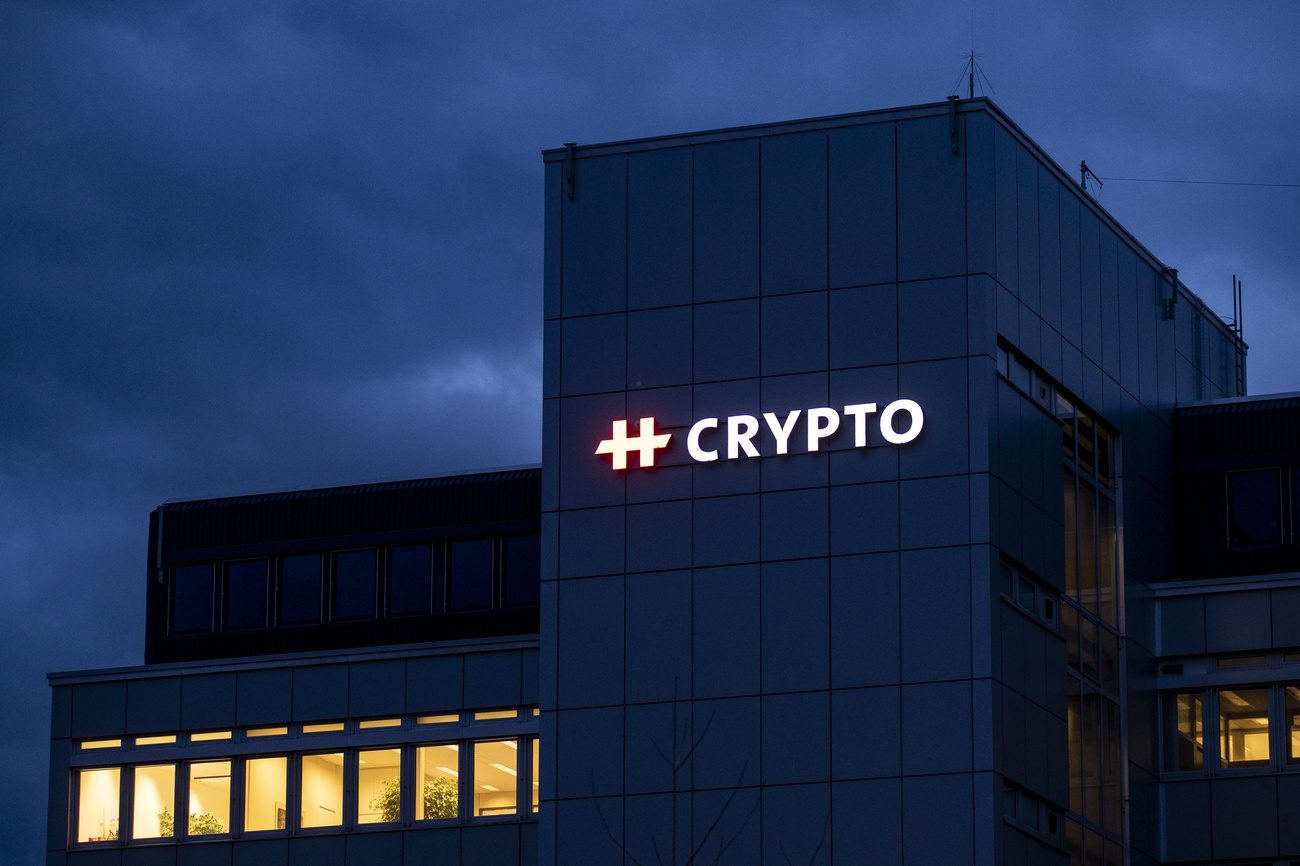
Crypto International confirms mass job losses

Crypto International, the successor company of Zug-based Crypto AG, which reportedly sold compromised encryption devices, has confirmed the dismissal of 70 employees.
The firm said the job losses were unavoidable as the government had refused to resume the examination of export applications the previous day. This had deprived Crypto International of its livelihood, said the Swedish owners Emma and Andreas Linde in a statement.
The de facto export ban imposed on the company, which is based in canton Zug and is active in the cyber-security and encryption sector, was based on false foundations and assumptions, the couple said.
The mass dismissal had already been announced in July by the successor company to Zug-based Crypto AG, which stands accused of allowing the CIA and German secret service backdoor access to its encryption devices.
Crypto International acquired the rights to the scandal-tainted Crypto AG company in 2018.

More
Crypto International blames Swiss government for imminent demise
As a reaction to the spying scandal, the economics ministry suspended the general export permit for Crypto’s internationally active successor companies in mid-December. This applies until the facts of the spying case and the open questions have been clarified.
The government launched an investigation into the Crypto affair on February 11, appointing former federal judge Niklaus Oberholzer to lead the probe. This investigation is now being overseen by the parliamentary control delegation, which is pursuing its own inquiry.
Crypto International said that in recent months everything had been done to save the company, deliveries to customers and jobs. The owners spoke of the “inaction of the authorities” and said they felt abandoned by the government. They added that the Swiss government itself had placed orders with the company and had received deliveries.
It would now take time to wind up the company according to the law, the Lindes said.
New company
The Swedish couple had already registered the new company Asperiq AG in the commercial register after the announcement of the job losses. It has also formed its board of directors. The management team consists of four people.
The purpose of the company is the manufacture of telecommunications and consumer electronics goods, according to the commercial register. However, the register did not contain any information on ownership or shareholdings.

More
Swiss authorities file criminal complaint against encryption firm

In compliance with the JTI standards
More: SWI swissinfo.ch certified by the Journalism Trust Initiative




























You can find an overview of ongoing debates with our journalists here . Please join us!
If you want to start a conversation about a topic raised in this article or want to report factual errors, email us at english@swissinfo.ch.